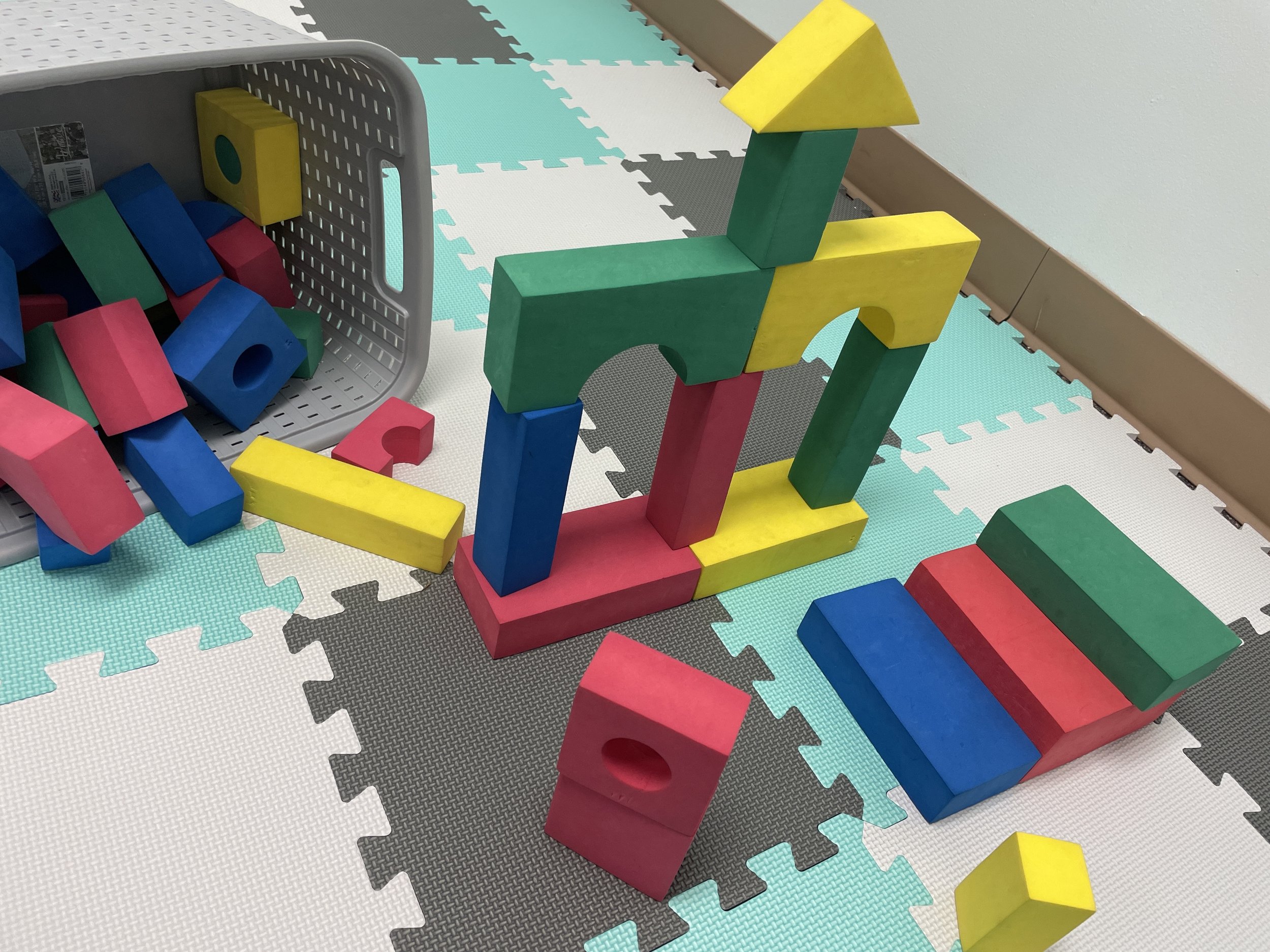Speech Therapy
Who gets speech therapy?
Children receive speech therapy when they have delays or impactful differences in their communication skills. This may include therapy for:
Articulation (pronunciation) skills. The child is more difficult to understand than would be expected for their age due to difficulties with the speech sounds.
Language skills. The child is not speaking at all, not speaking enough for their age, or has difficulty understanding or producing language which is not expected at their age.
Fluency. Interruptions in the “flow” of speech cause meaningful impact on the child’s ability to communicate.
Social communication. The child doesn’t direct language toward other people, even though they do have language. At a higher level, the child may have difficulty participating in 2-way conversation with others, or recognizing how others are feeling.
Therapy is also possible when there are difficulties with swallowing skills. At Peregrine Therapy children may receive therapy if a tongue-thrust swallowing pattern has been identified. Other types of swallowing therapy are not provided at Peregrine.
What does an evaluation look like?
Before an evaluation appointment, you will have a chance to tell your therapist about
your concerns over the phone. This will help guide what is assessed at the actual appointment.
The evaluation appointment is scheduled for 1 hour. A person familiar with the child’s difficulty is expected to be present during the appointment. At the appointment, some additional parent interview is conducted, and testing is performed with your child. This usually takes the form of a “standardized” test, directly engaging with the child, and it results in a score that compares your child’s performance to other children of the same age.
Some children do not tolerate testing well, or for other reasons a standardized test might not be performed. In that case, assessment is performed through a combination of parent interview and informal assessment (observation, or testing how quickly a child can learn a new skill, etc.).
At the conclusion of the evaluation appointment, 6-month goals of therapy will be decided upon. Later, the therapist will write a report summarizing the results of the evaluation, which will be provided to you when it’s finished.
What does a speech therapy session look like?
Therapy always involves play! Children learn best when they are actively engaged and interested in the skills being targeted. Therefore, whenever possible, therapy should be done within a fun activity of the child’s choosing. This might mean:
Modeling language for the child while we play with a fire station.
Playing a board game with many “r” sounds required as part of play.
Reading a storybook of interest and answering comprehension questions.
If a skill is very difficult for a child to learn, it may be best to practice the skill without distraction. It that case we would probably alternate practice “drill” and rewarding play breaks. Once a child has acquired a skill up to a certain level of proficiency, our goal will be to put that skill into a “functional” activity (once again, play!) and continue to practice the skill at that level.
Parents are encouraged to attend therapy appointments. This helps with being able to provide carryover and home practice. However, this is not a requirement, and in some rare cases a child may even be more productive without a parent present.
In certain cases, a child may not be able to tolerate a whole therapy session
within the private therapy office. In that case, with parent permission and weather permitting, we may go outside to a nearby playground.
Speech therapy sessions at Peregrine Therapy are scheduled for 40 minutes.



